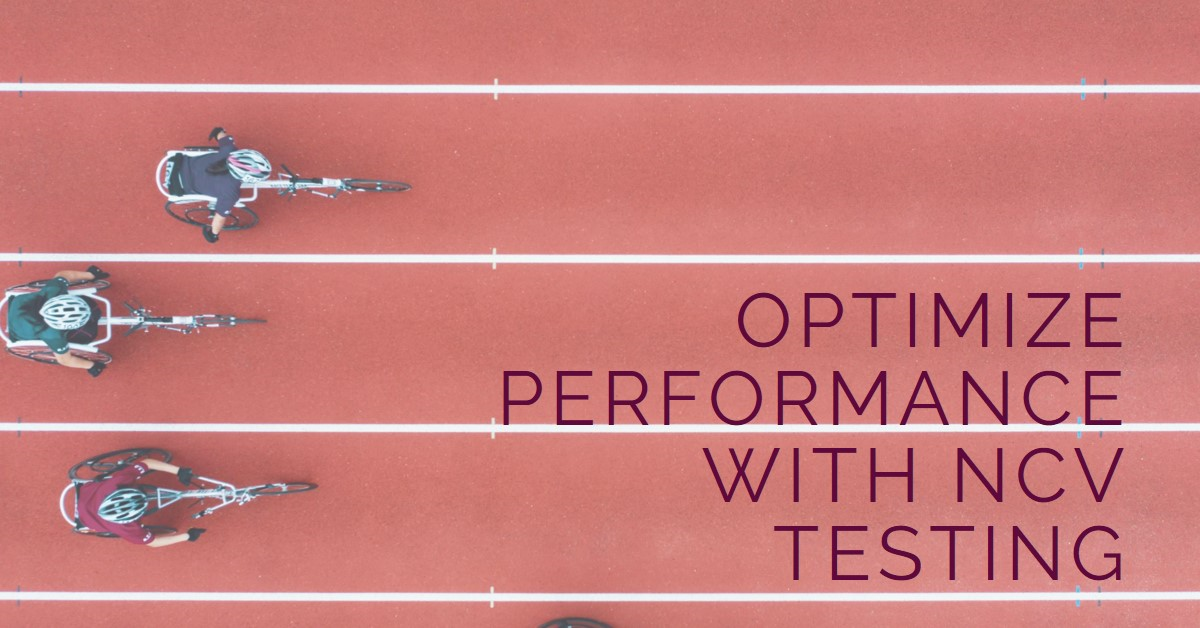

Introduction
In the realm of sports and fitness, performance optimization and injury prevention are paramount. Athletes and fitness enthusiasts continuously seek innovative methods to enhance their physical capabilities while minimizing risks. One such advanced approach is the utilization of Nerve Conduction Velocity (NCV) tests. This diagnostic tool, pivotal in assessing the functionality of the nervous system, is increasingly becoming a game-changer in the sports world.
Understanding NCV Tests
Nerve Conduction Velocity tests measure how quickly electrical signals travel through a nerve. This is crucial in determining the health and efficiency of nerve pathways, providing insights into muscle strength, coordination, and speed of response. An optimal NCV indicates efficient nerve function, which is essential for peak athletic performance.
The Link between NCV Tests and Athletic Performance
Research shows a significant correlation between NCV and athletic prowess. For instance, a study in the Journal of Sports Medicine and Physical Fitness found that athletes with higher nerve conduction speeds exhibited better performance in sprinting and agility drills. These findings underscore the importance of efficient neural pathways in achieving superior athletic performance.
Utilizing NCV Tests for Performance Optimization
- Baseline Assessments: Establishing baseline NCV readings can help athletes understand their neural function’s normal range, providing a reference point for monitoring changes over time.
- Identifying Imbalances: NCV tests can reveal asymmetries between limbs, indicating potential overuse or injury risk. Addressing these imbalances through targeted training can enhance performance and prevent injuries.
- Monitoring Training Effects: Regular NCV assessments can track how training interventions impact nerve function, allowing for tailored programs that optimize neural efficiency.
- Recovery and Rehabilitation: NCV tests can guide recovery protocols following injuries, ensuring that athletes return to play only when neural pathways have adequately healed.
Preventing Injuries with NCV Tests
Injury prevention is a critical aspect of athletic training. NCV tests play a vital role in this context by identifying early signs of nerve stress or damage that could lead to more serious injuries. For example, detecting and addressing a declining NCV in a specific area can prevent overuse injuries, such as carpal tunnel syndrome in cyclists or ulnar neuropathy in baseball pitchers.
Ecotown Diagnostics and NCV Nerve Tests
At Ecotown Diagnostics, the focus is on utilizing NCV nerve tests to enhance athletic performance and prevent injuries. With state-of-the-art facilities, athletes can undergo comprehensive NCV assessments, ensuring personalized and effective training and rehabilitation strategies. This proactive approach to health and performance underlines the importance of integrating advanced diagnostics like NCV testing in athletic training regimes.
Stats and Figures
Statistical evidence further solidifies the value of NCV tests in sports. For example, a longitudinal study on professional athletes revealed that those who underwent regular NCV testing and tailored their training accordingly had a 30% lower incidence of nerve-related injuries compared to those who did not use such diagnostics.
FAQs
- What does an NCV test involve? An NCV test involves placing electrodes on the skin over the nerve being tested and recording the speed and strength of nerve signal conduction.
- How long does an NCV test take? Typically, an NCV test can be completed in 30 to 60 minutes, depending on the number of nerves being tested.
- Is the NCV test painful? Most individuals experience minimal discomfort during an NCV test, often described as a brief, mild tingling or shock sensation.
- Can NCV tests predict future injuries? While NCV tests cannot predict injuries with certainty, they can identify vulnerabilities in the nervous system that, if unaddressed, could lead to injury.
- How often should athletes undergo NCV testing? The frequency of NCV testing varies based on the athlete’s condition, sport, and performance goals, typically ranging from annually to biannually for proactive monitoring.
Conclusion
In conclusion, NCV tests represent a critical tool in the arsenal of modern athletes and fitness enthusiasts aiming to optimize performance and prevent injuries. By providing detailed insights into the health and function of the nervous system, these tests allow for tailored training and rehabilitation strategies that enhance athletic output and minimize downtime due to injuries. With facilities like Ecotown Diagnostics offering specialized NCV nerve tests, athletes have access to the necessary resources to stay ahead in their game. Are you ready to incorporate NCV testing into your fitness regimen to achieve your peak performance?
Also know CT Scan Safety for Pregnant Women | Ecotown Diagnostics

